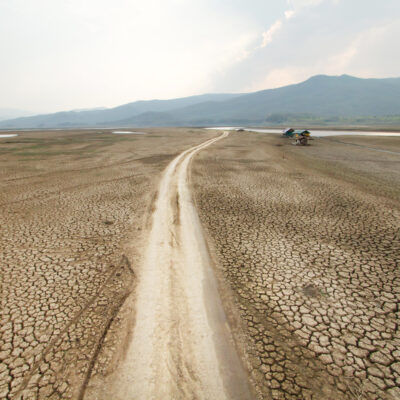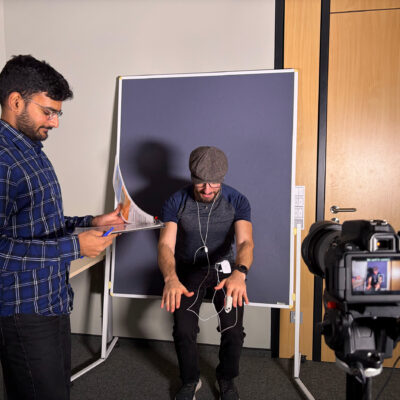It has long been believed that public healthcare systems are capable of reliably protecting people from health risks and providing medical care in emergencies. The COVID-19 pandemic, however, laid bare the limits of these systems that promise certainty and security. How can health policy and healthcare provisioning successfully navigate uncertain situations? This is the big question that doctoral researchers in the new graduate school ‘Health Policy and Systems in Uncertainties’ will be investigating. The graduate school was established by the School of Public Health at Bielefeld University.
‘Uncertain situations are marked by a lack of information,’ says Professor Dr. Kayvan Bozorgmehr, who serves as Vice-Rector of the School of Public Health and will head the future graduate school. ‘The question is how individuals and institutions understand uncertainty, and how effectively they communicate about it – and react to it.’ Health policy and healthcare systems are continuously confronted with complex situations of uncertainty. ‘But until now, the academic concept of uncertainty has rarely been studied in the applied context of healthcare.’
The graduate school will be investigating how healthcare systems use, produce, and reproduce uncertainty. A particular emphasis will be placed on understanding how healthcare systems can better operate in the face of uncertainty. ‘The research studies will focus on international and European crises – from the Covid-19 pandemic and climate change to migration and war,’ explains Dr. Jörn Knobloch, a political scientist and will serve as coordinator of the graduate school.
Starting in 2024, the graduate school will provide funding for a period of three years to eight doctoral researchers who will be studying how healthcare policy and healthcare systems navigate uncertainty from theoretical, empirical, and solution-oriented perspectives. Prospective students can apply now with their doctoral research projects that address, assess, and measure uncertainty in healthcare.




